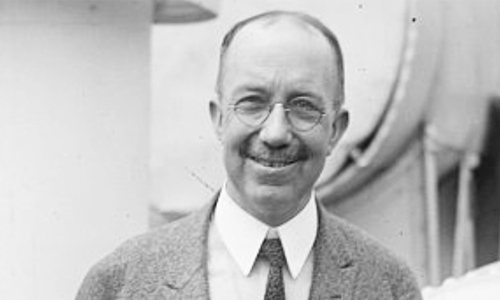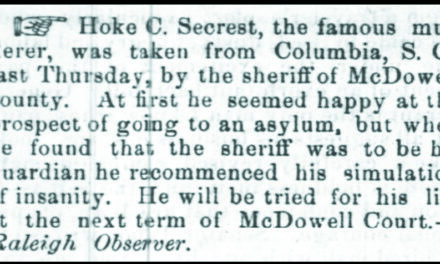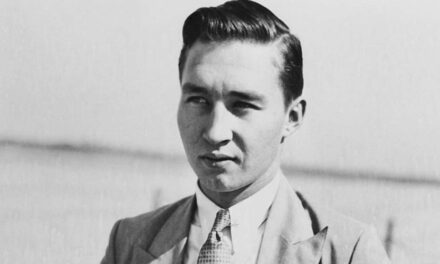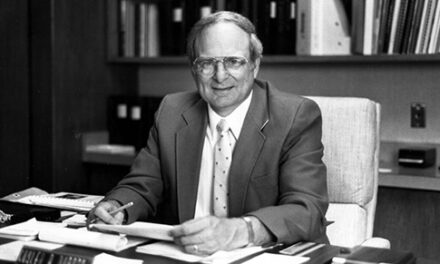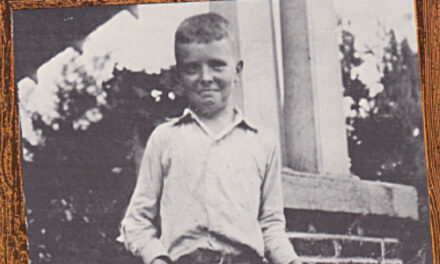
One of the great curiosities of history is timing. You know how it goes. For something to happen, something else has to occur to make the primary objective possible. So too it was with Prohibition. We tend to think the movement to ban intoxicating beverages only happened because women were tired of the abuse and poverty brought on by husbands who drank up the family income. Yes, that was a catalyst. But by the time the national movement triumphed with the passage of the 18th Amendment to the U.S. Constitution, it had become much more.
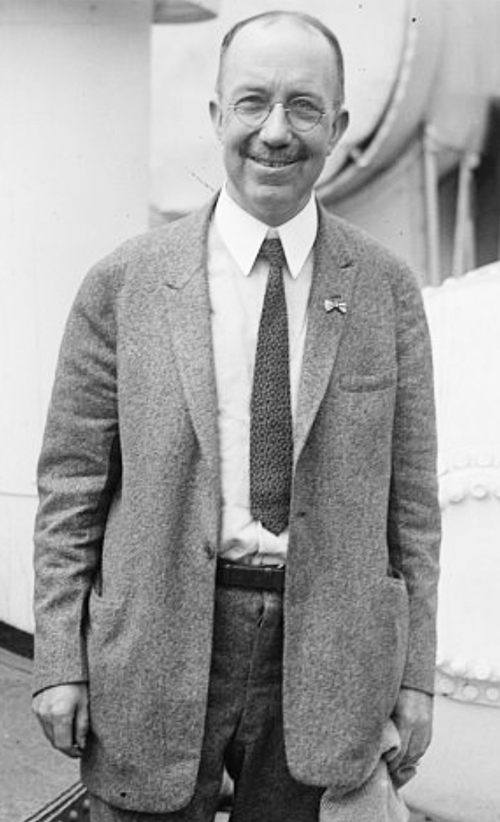
Photo: Recognize this man? Wayne B. Wheeler, the engineer of Prohibition, was supposed to be an icon of American history.
When he died in 1927, Wayne Wheeler was known as the architect of Prohibition. Folks eulogized him as one of the great figures in American history. They said he would never be forgotten. Yeah, right.
Wheeler was a leader in the Anti-Saloon League, which took over the fight to ban alcohol from the Women’s Christian Temperance Union, though the two groups remained allies. While women like Carrie Nation was busting up bars in Kansas and prompting saloon keepers to post signs reading, “all Nations welcome, except Carrie,” Wheeler and his organization was plotting the right moment to declare abstinence from liquor and beer the law of the land.
His great moment in bad timing came with World War I. On the rise in those days was the Progressive Movement, a largely conservative attempt to pass laws that would nudge American society toward better behavior. Four amendments to the Constitution resulted from their efforts. Three of them swirled around the denial of drink.
For decades, a chief source of income for the federal government was a tax on alcohol. Along with tariffs, revenue from taxing beer, wine and liquor floated the national need to accomplish the limited projects of Congress. If Prohibition was to work, a funding substitute had to be found. Thus, the 16th Amendment, allowing a graduated income tax suited the purpose. Given its current status, you might think such an amendment was unpopular. Since most of the population was too poor to contribute, lots of citizens supported the idea, fixating on the word “graduated.” Those who made more money would be taxed more. Yeah, right.
Wayne Wheeler saw the passage of the 16th Amendment perfect for his plan to get Prohibition installed, providing a substitute source of income. Also, the 19th Amendment, the movement to give women the vote was important since he figured many women would support the end of alcohol in American society.
The clock was ticking though. With 1920 came a reapportionment of representation. Since cities were growing, they would gain a stronger voice and since the use of beer and liquor were more popular there, the effort to prohibit strong drink would lose support.
Also, since the U.S. was at war with Germany, it was an excellent opportunity to vilify the nation’s most prominent brewers. Schlitz, Pabst, and Busch were among the beer makers who ran the nation’s fifth largest industry. No matter how many people the 18th Amendment would put out of work, the mood was right, Wheeler concluded.
The Anti-Saloon League was a one issue organization. If you were with them, you got their considerable help in getting reelected. If not, you lost. Many politicians read the tea leaves and dared not cross them. Thus, Wheeler was known as “the man who could make the Senate of the United States sit up and beg.” He could and they did.
In 13 months, the 18th Amendment was ratified. Over half of the states already had state Prohibition laws. Wheeler died thinking the law would last forever since no amendment had ever been repealed. Yeah, right.

